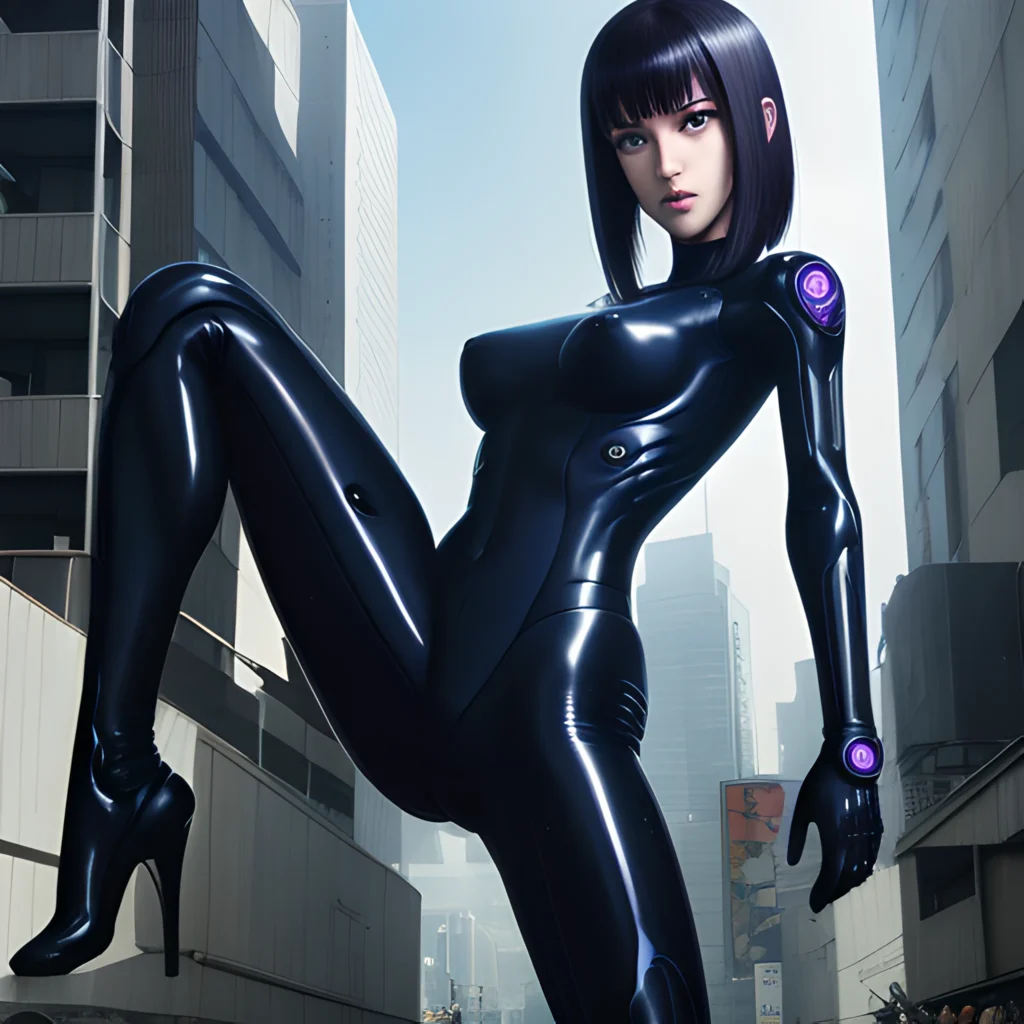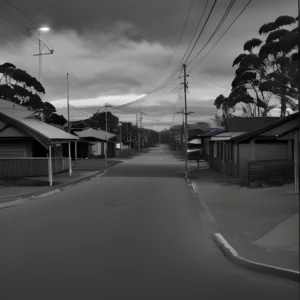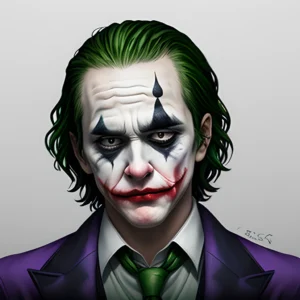Gantz is the first manga I’ve read in a long time. In private, I’ve complained a lot about weebs and the weebifaction of the world. I have come to the assumption that two atomic bombs probably weren’t enough. However, I definitely enjoyed this manga and recommend it highly. I cried tears of sadness and joy reading this – which is no easy feat.
It included big boobs, bigger guns and even bigger monsters – all things that we can thoroughly enjoy. It didn’t shy away from confronting scenes and taking minor details to the extreme. It’s not enough to just do a mass shooting: instead a character puts on black face to do a mass shooting. It’s not enough to just have a female saved: instead she is saved by a lolicon fanatic who takes an interest in her childlike appearance. Where minor details would usually be skipped over or assumed, the author instead uses them to construct the characters and world.
This development was thought out brilliantly and nearly every character faced some sort of change throughout the manga. Villains become heroes, heroes become villains and perverts become lovers. This was often a forcible change as well. It’s less likely that we one day decide to change our inherent nature. Instead we change in the face of adversity: only when staring death in the face do we see our true selves.
The main character Kei Kurono is essentially living out a failed hero arc when we meet him. Despite previously being a confident leader and a likeable kid, he has now become a narcissistic and nervous teenage wreck. The world has essentially broken him down to such an extent that he pities both himself and others for merely existing in a Japanese hellscape. He has no friends, no family and can be viewed as the lone wolf, destined to follow this path forever.
This is when an old friend named Masaru Kato enters his life and reminds him of the joy he once found in the world. Kato forces Kei to risk his life and in doing so question his own moral values. Kei becomes an instinctual hero when needed and can’t comprehend his actions that are in opposition to his cynical outlook on life.
I think this relates a lot to the audience and our modern world: we become so numb to the idea that we can ever change anything that we just give up trying. We are rarely provided the opportunities to become heroes, so instead we wallow in our own misery and watch tragedy after tragedy. Especially in current times we see the daily horrors on the news or online – but we don’t actually have the capability to stop them. Consider we were provided this opportunity; I believe many of us would take it and begin our own hero arc.
Another brilliant character arc was watching Kei jokingly date Tae Kojima after losing a bet. Both the audience and Kei could not stand this bland small tit character. However as we watch Tae’s world become shocked from tragedy, her reliance and relationship with Kei becomes intrinsic to the story. Kei once again is forced to save her, ignoring his initial perception that no one really matters to him. Reading various comments, it was a thrill to see the audience strongly dislike Tae to then weep tears for her within just a few scenes.
It’s a real pity that we probably won’t get to see Gantz in a fully fledged anime. Despite its massive popularity: the excessive violence, pornography and anti – political correctness rhetoric just won’t play for today’s mainstream crowd. I imagine the Hollywood producers reading about a dog obsessed with licking women’s vaginas and turning to each other with the look of disdain for this glorious work of art. Sure there is a two season release from 2004 and a CGI movie, but these barely scratch the surface of what the manga is.
Now I do have some negative critiques of this manga that are worth mentioning. Gantz seems to occasionally throw shit at the wall that doesn’t quite stick – the entire vampire arc was just pointless to the overall plot. All pedestrians are idiots, although I’m sure this was intentional to show how heroes become broken in a world of foolish criticism. Some characters look to similar to differentiate and I found myself rereading sections to work out who they were. Some of the 3D models look awful next to the well drawn art. And I’m sure some underpaid interns drew pages as the quality was obviously downgraded in certain spots. However these were minor details in the overall plot and can be forgiven in return for making the greatest manga character ever i.e. Butter Dog.
I’m still not sure though whether I loved or hated the ending. I guess it made sense, but it also felt like the author was giving himself fellatio for writing such a popular work. I’ve found that many mangas feel the need to explain the entire universe etc, instead of just explaining their actual story. The start of Naruto was about a ninja student, the end was about them literally fighting God. Is it so much to ask that authors just explain the basic premise of their story, instead of getting high on their own supply? After thousands of years of theological debate, a cartoon author obsessed with big boobs finally cracked the code to our universe – give me a break.
The other issue I had with the ending was the author trying to insert some sort of pacifist message into a story about massacring monsters. Sure there were previous characters that advocated this, but they all died because that’s what they deserved. After being invaded by aliens, billions of humans dying and a fake peace treaty so that they could more easily capture and eat humans – the main character Kei decides that they can all have peace and stops the destruction of the invading force after his girlfriend recommends it to him. This was all encapsulated in a weird animal rights message that humans treat animals poorly and therefore they also deserve to be treated poorly. This ending was such a tragedy that I felt like giving up on the final chapters.
The only saving grace was a power hungry kid named Joichiro Nishi that was determined on executing them all – only to be stopped by the main character Kei. Reading the comments once again it was clear that we the audience preferred the ruthless cat killer Nishi over the pacifist simp Kei. Nishi was an expression of the realist mindset that we either wield power, or have power wielded over us. It was clear that the author realized his likeability and killed Nishi in a weird ritual humiliation: first inserting weird flashbacks that he murdered cats and then having him cry for his mother just before his death. It’s depressing that he felt the need to tear down our true hero just so we wouldn’t side with him – but I saw through this facade to realize that I would rather side with a cat murdering realist over a pacifist traitor.
Overall this was one of the better mangas I’ve read (I haven’t read many) and I would suggest it to the average viewer. It was kind of a lame ending, but the character development over the entire series was worth it.



